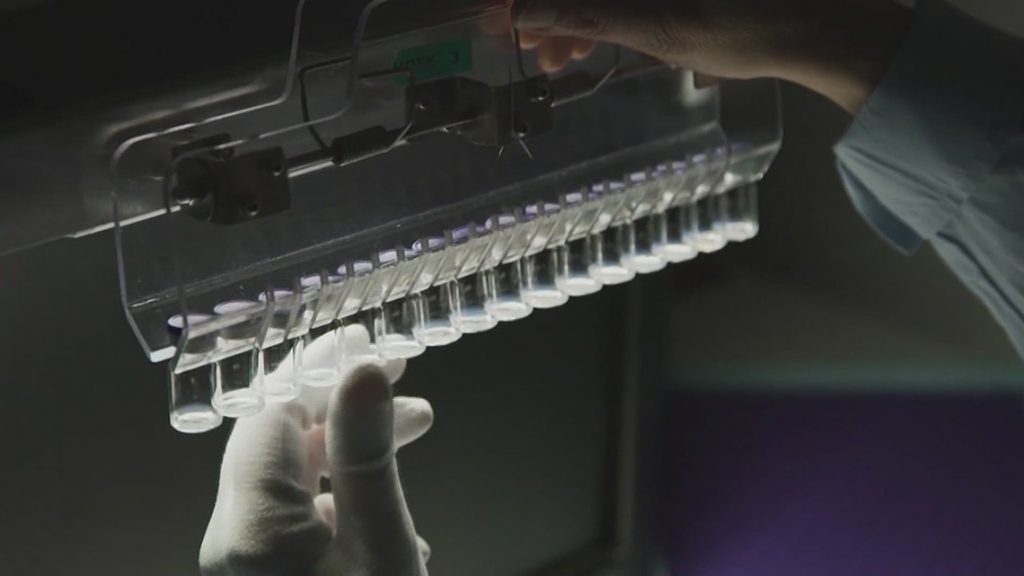DAVENPORT, Iowa — Black Americans, one of the communities hardest-hit by Covid-19, are now some of the most wary of the new vaccines.
A survey from the Kaiser Family Foundation finds that nearly a third of Black Americans are still hesitant of receiving the vaccine. While a report compiled by the NAACP, UnidosUS, and COVID Collaborative showed only 14% of Black Americans trust the safety of a new vaccine.
All of this comes as the CDC finds Black Americans to be 3.7 times more likely to require hospitalization after contracting Covid-19, and 2.8 times more likely to die than White Americans.
“It’s based upon certain systemic racism. Things of that nature, things of the past,” said Pastor Rogers Kirk, senior pastor of Third Missionary Baptist Church in Davenport.
A long history of systemic racism can be found within the American medical community. From Tuskegee, Alabama – where a 40 year study purposely withheld treatment from Black men with Syphilis, leading to an estimated 100 deaths – to Henrietta Lack – whose cancer cells were taken without her consent, and have been used for decades of research, despite never receiving compensation for it – there are plenty of examples to point to.
Corneilus Aldridge, a Rock Island resident, says he won’t be getting the vaccine at this time because he doesn’t believe there’s been a good reason why he should, beyond doctors saying it will work.
“I’m not sick,” said Aldridge. “I don’t have any cold, haven’t had one in a while, so I don’t see any reason to. I understand that people do have [Covid-19], lotta people passing away, lotta things has been happening, but for the people that don’t, they just don’t. I’m already quarantined and I haven’t left. I’m not sick.”
To Aldridge, a young Black man, a lack of facts surrounding the risks of taking or abstaining from the vaccine worries him. He explained that he doesn’t believe it’s bad to take the vaccine, but he’s concerned that those getting it, who don’t have any symptoms, might be overly cautious.
“In our area, just in the last couple of months, like 10 people passed away. And it wasn’t from no Covid. So it’s like, we’re not worried about no Covid,” said Aldridge. “People that we can name are dying every day so our mindset is on that and not on an airborne disease that’s in the air that we can’t control.”
But it’s that mindset that Pastor Kirk says he and many health experts are trying to combat.
“It’s real. It is real and we can bring up a whole lotta things about why we shouldn’t [take the vaccine], we could bring up the past, but we kow one thing: that this is real right now,” said the pastor.
When asked about the worry that many Black Americans have enough on their plate to deal with – sometimes just as deadly as the virus itself – Pastor Kirk said he still wishes community members would obtain the vaccine when it’s available.
“My thing is this,” he said. “It’s one more [deadly] thing, but if this vaccine will eliminate one of those things, it gives us those other things to work on. I can’t just start grouping things together and say everything is bad. I gotta begin to look at things and weigh those things out and say, ‘Well for me, it’s to my advantage to take the shot.’ Obviously the numbers don’t lie. People are literally dying.”
So as the vaccine rollout picks up in the Quad Cities, local leaders have to figure out how to bridge a gap of trust that’s centuries in the making.
“I just encourage everyone to weight it for yourselves and to take the shot,” implored Pastor Kirk. “Because it may help to keep somebody in your family from catching the Covid.”


